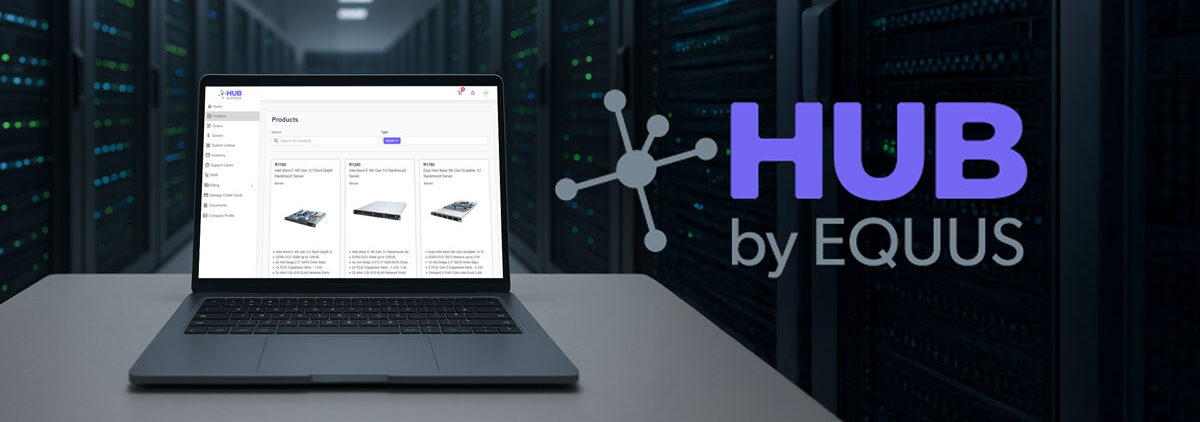The world of education is changing. As educators and administrators adapt to rapid technological advancements to enhance student engagement, retention, and real-world skill development, cutting-edge technologies are reshaping education in many complex and meaningful ways. As these technologies evolve, they promise a more personalized, accessible, and efficient educational experience. However, the IT requirements to support these new methods in a secure, scalable, and reliable way is easier said than done. What are the types of challenges facing higher education IT teams, and how can a trusted IT advisor help to alleviate them?
Spotlight on IT: Blended Learning
As an example, let’s take a look at blended learning. Blended learning is rapidly becoming a standard approach in higher education, integrating both online and in-person instruction to provide students with greater flexibility in accessing course materials. Learning management systems (LMS) such as Canvas and Blackboard enable students to watch video lectures, participate in discussions, complete assignments, and take quizzes remotely. Meanwhile, in-person class sessions emphasize interactive learning through hands-on activities, group collaboration, and discussions.
Supporting blended learning environments presents several network challenges that institutions must address. First, adequate bandwidth is essential to handle video conferencing, lecture streaming, and online collaboration without disruptions. Next, LMS are mission-critical applications that require consistent and reliable performance to ensure seamless access for students and educators. Additionally, enabling smooth multimedia access across remote, Wi-Fi, and cellular connections can be complex, particularly when accommodating a diverse range of devices and locations. Through all of this, network capacity can also be strained during peak usage times when large numbers of students are online simultaneously. To support always-on learning, maintaining high uptime and consistent performance is crucial for a seamless educational experience.
Spotlight on IT: Immersive Learning
Let’s take a look at another example: immersive learning. Immersive learning is an emerging trend transforming higher education by creating highly interactive and engaging learning environments. Unlike traditional classroom instruction, immersive learning leverages technologies such as virtual reality (VR), augmented reality (AR), and mixed reality (MR) to provide students with multisensory, hands-on experiences. These tools allow learners to practice skills, solve problems, and apply knowledge in realistic, simulated settings, bridging the gap between theory and real-world application. By making learning more dynamic and personalized, immersive learning has the potential to enhance engagement, improve retention, and better prepare students for future careers.
However, supporting immersive learning environments presents several IT challenges that institutions must address. High-performance computing resources and low-latency networks are essential to ensure smooth, real-time interactions in VR and AR applications. Additionally, delivering seamless experiences across various devices — such as VR headsets, AR-enabled mobile devices, and traditional computers — requires careful integration and optimization. Managing the large data volumes generated by immersive applications, including 3D models and interactive simulations, places increased demands on storage and cloud infrastructure. Furthermore, institutions must ensure accessibility and security, providing equitable access to immersive tools while safeguarding student data. As immersive learning continues to evolve, IT teams will play a critical role in maintaining reliable, high-quality experiences for educators and students alike.
Education IT Solutions For Now and Tomorrow
For higher education institutions, staying on top of the present — and future — IT solutions necessary to support new methods is tricky, and overwhelming. Among campus chief technology and information officers, 61% view digital transformation as crucial or a top priority for their institution. However, only 35% report that their institution has established clear objectives for doing so. Often, university IT teams need all the help they can get.
A strong IT advisor like Equus Compute Solutions (ECS) can help universities tackle their IT challenges by providing cutting-edge technology solutions that enhance network efficiency, security, and scalability. Through strategic partnerships with leading technology vendors and managed service providers, ECS enables institutions to stay ahead of emerging technology trends while optimizing their IT operations. Our expertise in network management solutions, such as the ECS Edge Connector powered by Intel Atom processors and integrated with Zscaler’s zero-trust exchange platform, allows universities to implement secure, high-speed connectivity tailored to the real-time demands of modern digital learning environments. This ensures seamless access to cloud-based applications, remote learning tools, and research data while maintaining strong cybersecurity measures.
ECS empowers higher education institutions with cutting-edge advanced computing infrastructure, enabling universities and research centers to drive innovation, optimize workloads, and enhance digital learning environments. Our vendor-agnostic, custom-designed server platforms, with open source systems management, eliminate the need for dedicated management networks, reducing hardware costs, complexity, and energy consumption—a crucial factor for budget-conscious institutions.
Additionally, ECS’s expertise in High-Performance Computing (HPC), AI-driven research clusters, and Network Function Virtualization (NFV) allows universities to break free from proprietary hardware constraints, fostering scalable, flexible, and cost-efficient research environments. By integrating AI-powered network monitoring, ECS ensures institutions can proactively manage network health, optimize data-intensive applications, and support real-time collaboration across campuses. Whether advancing scientific simulations, AI training, or cloud-based learning, ECS delivers customized, future-ready compute solutions tailored for higher education’s evolving needs.
Through these innovative solutions, ECS empowers universities to build a robust, scalable IT environment that supports academic and research excellence. With the right IT strategy and trusted advisors like ECS, higher education institutions can confidently navigate the complexities of digital transformation while ensuring a seamless learning experience for students and faculty. Click here to learn more about why ECS is the right fit for your institution.








